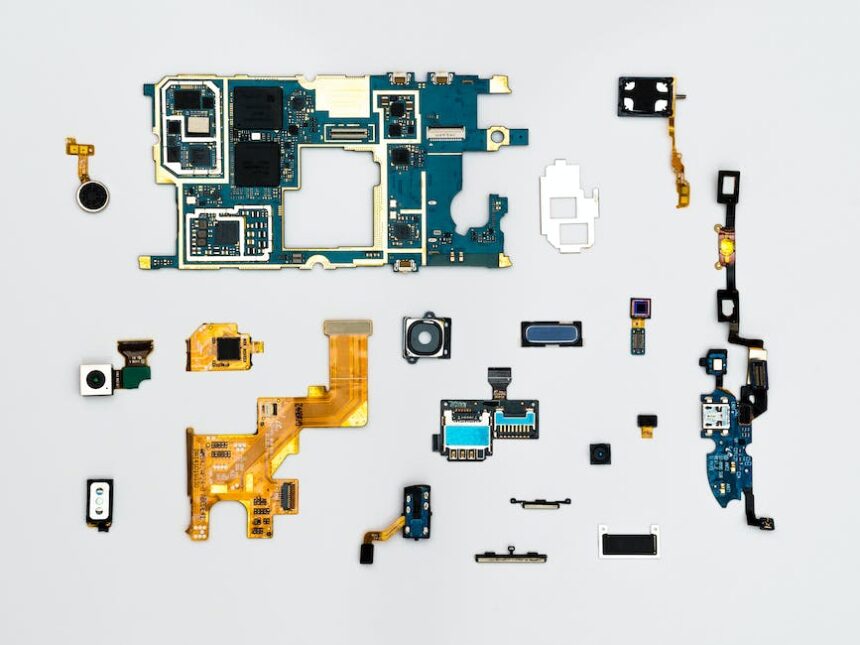7 Steps To Improve Your Credit Score With Credit Repair
Having a good credit score is essential for a secure financial future. It can help you get lower interest rates on loans and credit cards, as well as access to more appealing terms. Unfortunately, many people don’t know what a good credit score is or how to build one if it’s not already there. That’s where credit repair steps in. Credit repair is a way to improve your credit score and fix any inaccuracies in your report that may be costing you points. Here are 7 great steps to help you improve your credit score with credit repair.
1. Understand Your Credit History
Credit repair starts with knowledge. You need to understand what your credit score is and how it is calculated. Look at your credit reports and figure out what has been influencing your credit score. Analyze your spending and look for any errors or inaccuracies that need to be corrected. Knowing what caused your score to drop can help you create a plan for improvement.
2. Check for Errors on Your Credit Report
It is a myth that credit reports are always correct. In fact, many people have incorrect information on their credit reports. Many times these mistakes are minor and can be fixed with a dispute to the credit bureau. Review your credit reports and make sure that all the information is accurate and up to date. If you find any errors, they should be disputed and corrected immediately.
3. Create a Budget
Creating a budget can help ensure that you know where your money is going and can give you a better handle on your financial situation. A budget can help you stay in control of your spending and can help you build a savings plan for the future. Don’t forget to include money for any debts or credit repair initiatives that you have.
4. Build Your Savings
Having savings to fall back on is an important part of any credit repair plan. Set a goal to set aside money each month and put it in an emergency fund or savings account. Having a savings can help protect you from unfortunate financial disasters and can also help build your credit by showing that you are able to save.
5. Reduce Your Debt
One of the simplest ways to increase your credit score is to pay off your existing debt. Take steps to reduce your debt as much as you can – reducing your credit card balances and paying down your student loans. This can help improve your credit utilization ratio and result in a higher score.
6. Make Payments On Time Every Month
Making all your payments on time is vital for maintaining a good credit score. Not only does it show lenders that you’re responsible with your money, but it also helps establish a pattern of reliability that is attractive to credit agencies. Make a habit of checking your payments each month to ensure they’re made on time.
7. Monitor Your Progress
As you take steps to improve your credit score, make sure to stay up to date on your progress. One of the most important aspects of credit repair is to stay aware of your financial situation and be aware of any changes or indicators that can help you judge the effectiveness of your plan. Check your credit score regularly to make sure that it is moving in the right direction and make changes or adjustments as needed.
By following these 7 steps, you can start improving your credit score in no time. Credit repair is an important part of any financial plan, and it can help you get back on track and start building a bright financial future. So make sure to check your credit report, create a budget, reduce your debt, and take the steps needed to improve your credit score.


